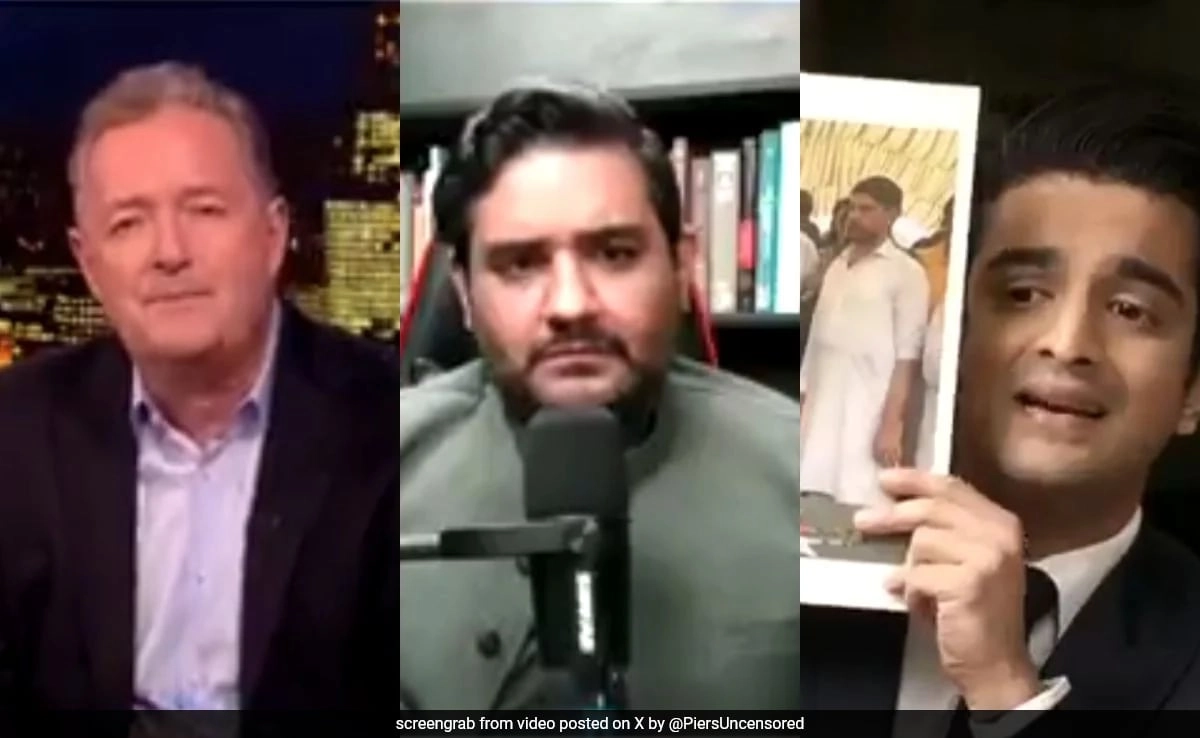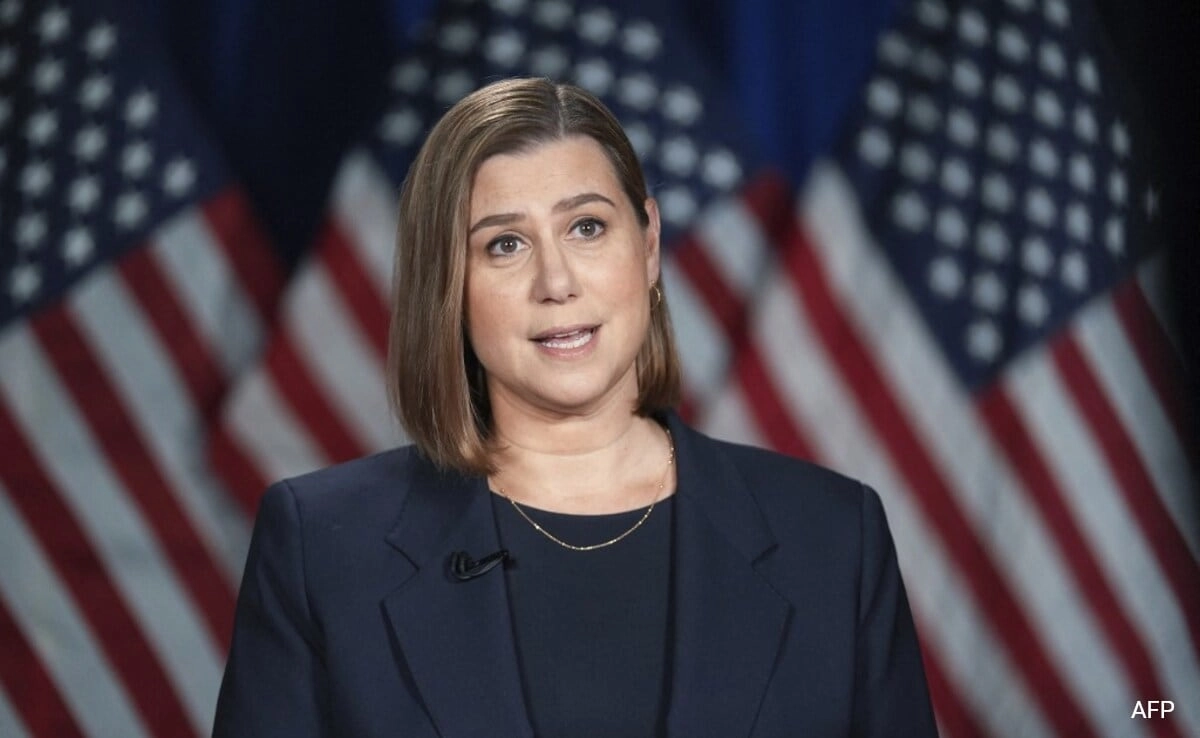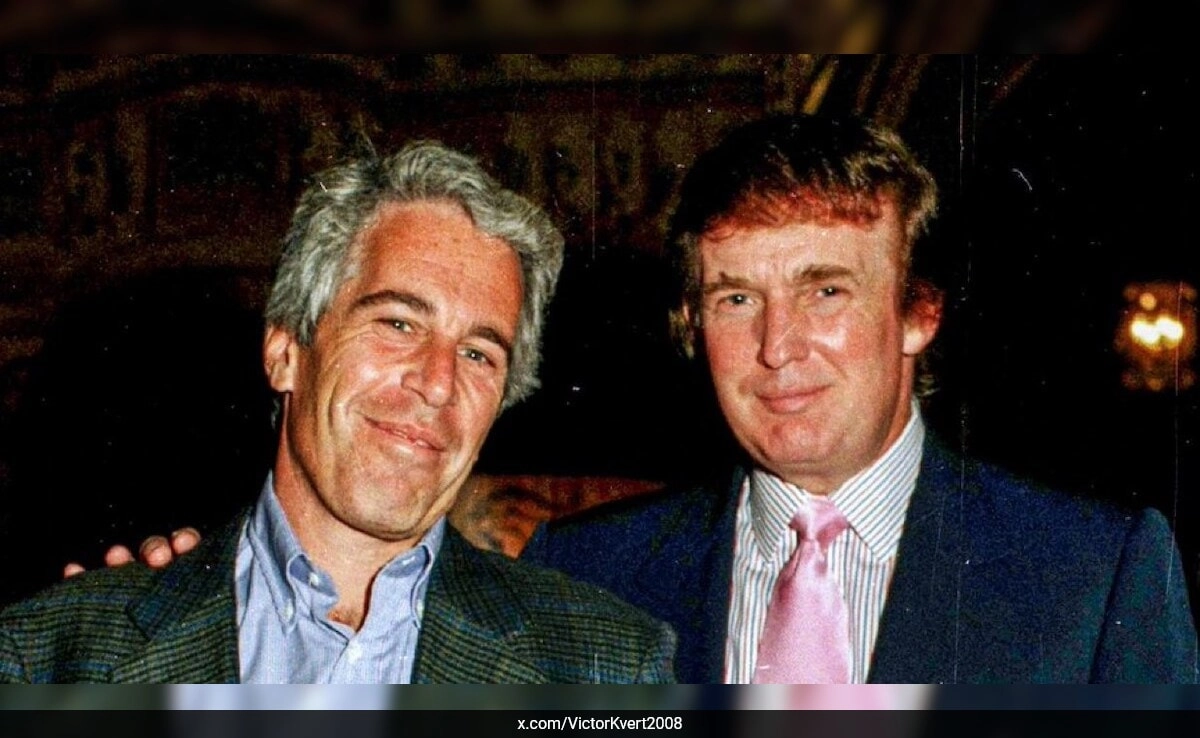Ranveer Allahbadia, a prominent British TV host and influencer, recently found himself at the center of a heated discussion after he publicly roasted a Pakistani podcaster over a controversial claim. The exchange, which took place during a live podcast episode, highlighted the growing trend of cross-cultural dialogue and the sometimes contentious nature of online discussions. Allahbadia, known for his charismatic personality and sharp wit, took the opportunity to address what he perceived as a dubious assertion made by the podcaster regarding the portrayal of certain cultural narratives.
The podcaster, who has gained a following for his provocative takes on various subjects, made a statement that many found to be exaggerated or misleading. Allahbadia did not hold back, offering a counter-narrative that not only challenged the claims but also emphasized the importance of accuracy in media representation. His remarks resonated with viewers who appreciate straightforward discussions and the need for accountability in public discourse. The roast served as both a humorous exchange and a serious reminder of the responsibilities that come with being a content creator in today’s digital landscape.
This incident also underscores the evolving dynamics of online interactions, where public figures often engage in debates that can quickly gain traction on social media. The interplay between different cultural perspectives can lead to both enlightening discussions and heated confrontations. In this case, Allahbadia’s roast became a focal point for viewers to reflect on the ways in which narratives are constructed and the impact they have on broader societal perceptions. As the landscape of podcasting continues to grow, such spirited exchanges may become more commonplace, pushing creators to navigate the fine line between entertainment and responsible commentary.
Ultimately, the interaction between Allahbadia and the Pakistani podcaster serves as a microcosm of the larger conversation about cultural representation and authenticity in media. It reminds audiences that while humor can be a powerful tool for engagement, it must be wielded with care and consideration for the implications of the statements being made. As both figures continue to influence their respective audiences, the dialogue sparked by this roast may pave the way for more thoughtful discussions about the narratives we consume and share in an increasingly interconnected world.




